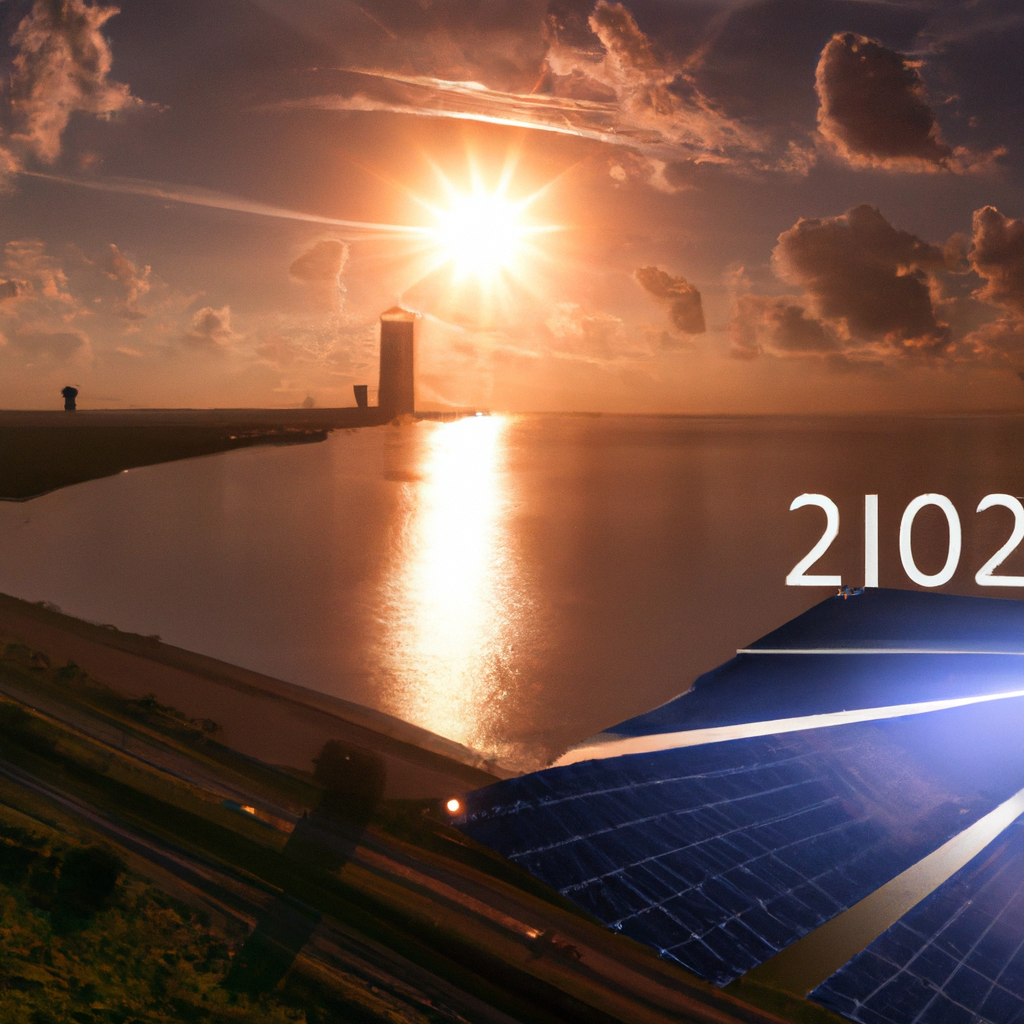2023 marks a year of climate and weather extremes, including record-breaking temperatures, low Antarctic sea ice, and disasters like fires and floods. Rising atmospheric greenhouse gases, especially carbon dioxide, are driving these changes. Current global efforts to cut emissions fall short of goals set to limit temperature increases to 2℃. This shortfall underscores the need for purposeful carbon dioxide removal along with emission cuts.
A revised approach to carbon pricing is suggested to help fund technologies for achieving net-zero carbon emissions by 2050. Carbon pricing should consider the duration, certainty, and method of atmospheric carbon removal. Simultaneously, global strategies move towards carbon reduction and carbon dioxide removal. Carbon credits, primarily from “avoidance” measures like not clearing forests, are used to offset ongoing emissions, but these measures do not address existing carbon dioxide excess.
Experts advocate switching focus from emission “avoidance” to “removal” offsets that actively pull carbon from the atmosphere. Current removal efforts mostly involve traditional land management, with innovative removal technologies making up less than 1%. These technologies, such as biochar and direct air carbon capture and storage, need incentives like a demand forecast for carbon offsets and a tiered market that values quality removal methods. The current pricing mechanism, influenced by cheap avoidance strategies, falls short of finance necessary for these technologies.
The proposed solutions involve shifting the metric from “carbon tonne” to “carbon tonne year” and introducing a mandatory warranty for the reliability and safety of the removal method. Instituting these changes would incentivize the development of effective, long-lasting carbon removal methods. A ten-year plan is advocated to prepare for the evolution and scaling up of carbon dioxide removal, aiming towards net zero and aligning with the goals set in the 2015 Paris Agreement.
Read source article here:
https://theconversation.com/carbon-removal-why-ambitious-no-nonsense-plans-are-vital-to-limit-global-heating-to-2-212462




